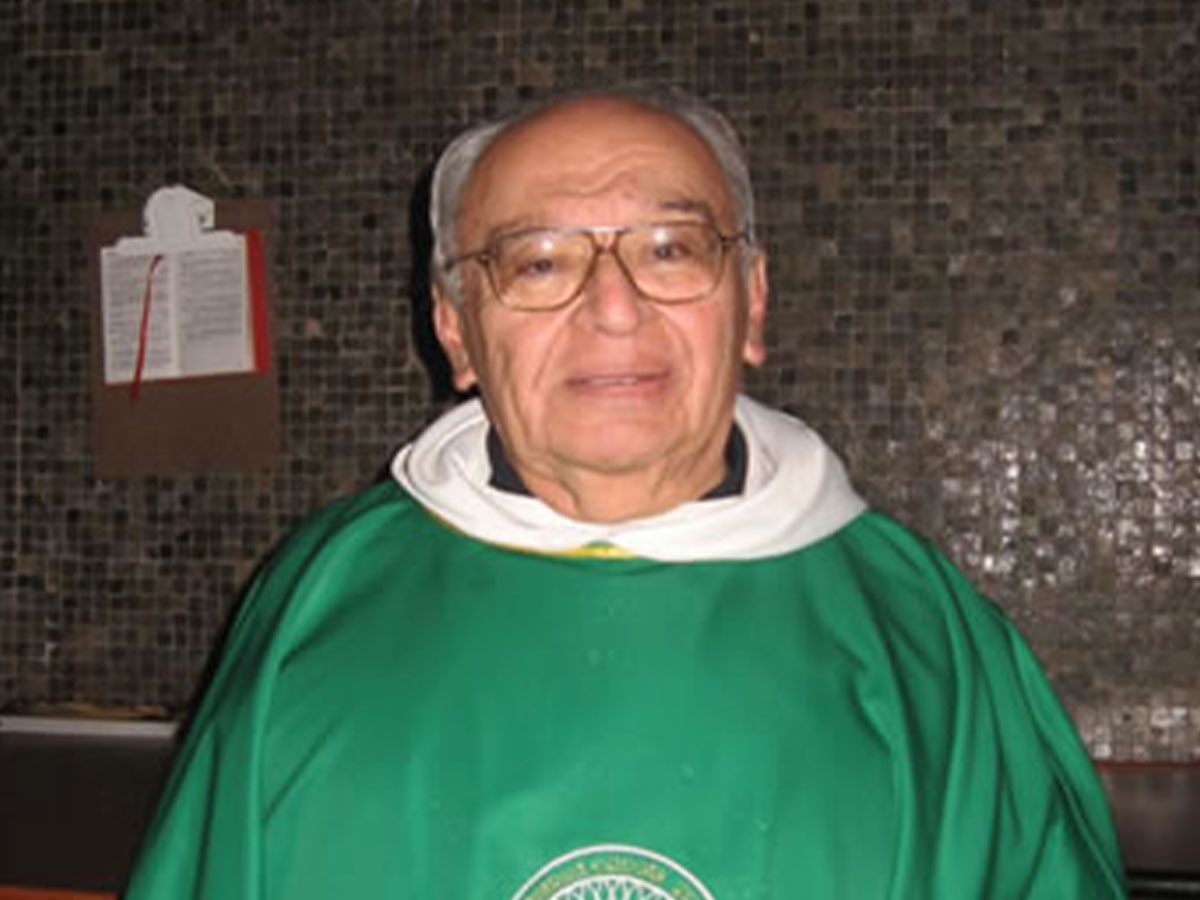
Gustavo Gutiérrez, a Peruvian Catholic priest and the father of Liberation Theology passed away in Lima, Peru, at the age of 96 after a long illness. His death marks the end of an era, but his legacy continues to resonate in the Church and the hearts of many believers worldwide. Gutiérrez’s pioneering work on Liberation Theology transformed not only theological studies but also how many Christians perceive and engage with the world around them—particularly in advocating for the poor and oppressed.
Born in 1928 in Lima, Gutiérrez’s early years were shaped by the poverty and social injustice that he witnessed growing up in Latin America. These experiences would later form the foundation of his revolutionary theological outlook. After studying medicine and literature, he pursued theology, earning a doctorate at the Institut Pastoral d’Etudes Religieuses (IPER) at Université Catholique in Lyon, France. His deep intellectual curiosity and profound empathy for the marginalized led him to ask one of the most critical questions in modern Christianity: What does it mean to follow Jesus in a world filled with inequality and injustice?
Gutiérrez’s answer to that question came in the form of his groundbreaking book, A Theology of Liberation, first published in 1971. This work not only shaped his life but also the lives of countless theologians, pastors, and laypeople who sought to reconcile their faith with a commitment to social justice. His book emphasized that Christianity must go beyond personal salvation and embrace the mission of liberating the oppressed—particularly the poor. Gutiérrez famously argued that “to know God is to do justice,” emphasizing that care for the marginalized is not merely an option in Christianity but a requirement of faith.
For Gutiérrez, liberation had three dimensions. First, it involved political and social liberation—advocating for justice and the elimination of the immediate causes of poverty. Second, it meant the emancipation of the poor from the structures that dehumanized and oppressed them. Finally, it signified liberation from sin, an invitation to restore the relationship with God and one another. This holistic vision of liberation has not only impacted Latin America but has rippled across the globe, inspiring various forms of liberation theologies that contextualize the Gospel message to the struggles of the marginalized in different cultural settings.
Gutiérrez’s influence was profound and far-reaching. As Orbis Books, the publisher of the English translation of A Theology of Liberation, noted, “His work, and the theology he inspired, fundamentally transformed the work of theology in North America and throughout the world.” The ripple effect of his teaching led to movements like Black Liberation Theology in the United States, spearheaded by theologians such as the Rev. Jeremiah Wright, who further contextualized Gutiérrez’s work to address racial injustice in America.
But Gutiérrez’s legacy was not without controversy. His work drew criticism from some within the Catholic Church, and several popes scrutinized his ideas. Critics argued that his theology was too closely aligned with Marxism and could lead to an over-politicization of the faith, diminishing the spiritual and eternal aspects of Christianity. Despite these criticisms, Gutiérrez remained steadfast, always advocating for a “preferential option for the poor” and focusing on bringing the Gospel to life in practical and transformative ways
Throughout his life, Gutiérrez never sought to distance theology from lived reality. For him, faith was meant to be an active force in the world, challenging Christians to live out the Gospel by standing alongside the oppressed. His work continues to inspire theologians and activists who seek to bring God’s justice and mercy into the world today.
Gutiérrez’s vision lives on not only in academic circles but also in grassroots movements across the world. Countless Christians, inspired by his call to justice, have adopted his challenge to live out the Gospel in ways that advocate for the dignity and freedom of every person, particularly the marginalized.
As the world reflects on the life and work of Gustavo Gutiérrez, it becomes clear that his theological contributions will continue to inspire future generations. His teachings challenge us to not only think about what it means to follow Christ but to act on it. His faith and commitment to the poor remind us that the Gospel is a living, breathing call to action. As one admirer, the Rev. Chuck Currie, said in tribute, “For Gustavo Gutiérrez, following Jesus meant working to end poverty and oppression. I took this lesson to heart, and I encourage everyone to read his books. May his memory be a blessing.”
Indeed, his memory will be a blessing for all who seek to live out the Gospel in a world crying out for justice.


